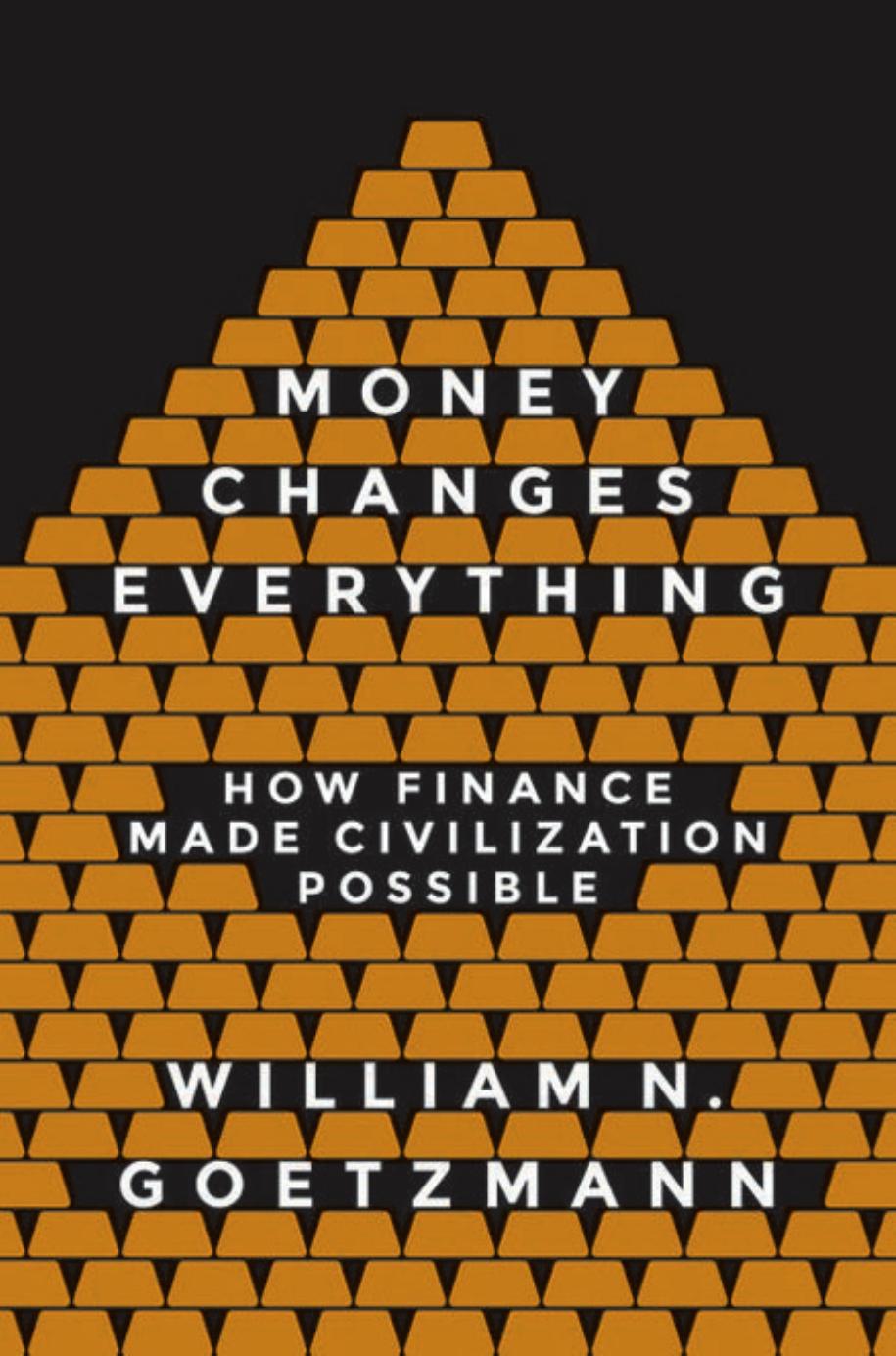Money Changes Everything: How Finance Made Civilization Possible by William N. Goetzmann

Author:William N. Goetzmann [Goetzmann, William N.]
Language: eng
Format: epub, mobi, pdf
Publisher: Princeton University Press
Published: 2016-04-11T22:00:00+00:00
EUROPEAN COUNTERPOINT
The creation of such a private company would hardly seem revolutionary from our modern vantage point. After all, private firms like Archer Daniels Midland and Cargill (one public, the other privately held) supply a significant portion of the world’s grain. But compare the Bazacle company to the salt monopoly of China, which flourished at the same time. At two ends of the Eurasian continent, radically different institutional forms were developing to finance the production of essential foodstuffs. In China, the government owned and controlled the production of salt. It issued rationing certificates that effectively controlled merchant profits. As we have seen in Chapter 9, these certificates themselves circulated as another form of money. The logic of a government-controlled monopoly for salt was twofold. First, it meant that control of essential foodstuffs was in the hands of a political authority with a political mandate. It allowed policymakers to decide when to increase or reduce production, depending on fluctuating needs. Second, profits accrued to the government that might otherwise have accrued to private investors.
How strange it might have seemed to a Chinese official of the Song dynasty were he to visit Toulouse. Here was a special, natural feature—a ford in a river that conferred a significant advantage for grain milling. Why wouldn’t the government take the rents from that advantage? Why should individual citizens be allowed to profit? Why shouldn’t the government lay claim to all such choice spots in the duchy or the kingdom and regulate the fees for milling and the quantity of grain milled? Wouldn’t that also allow the government to respond effectively in times of need?
This fundamental question of government ownership versus private ownership—of nationalization versus privatization—is the central question of our time. Should the US government own shares in the top ten banks and top three automobile companies, and direct their operations for the public good? Should the banking system of India be privatized, or should it be directly accountable to the public interest? Does Airbus have a natural advantage (or disadvantage) as a government-owned enterprise? Are America’s ports safer and better run in the hands of private investors as opposed to the hands of a foreign state? Should water rights in the American west be privately held and transferable? Should Russian oil companies be held by stockholders around the world and controlled by oligarchs with large capital stakes, or should they be nationalized so that the Russian government may take the profits? Why would one ever imagine that private ownership and management might be better for the public good—as opposed to simply better for the particular investors that happen to profit?
Beyond the issue of private versus public ownership is the question of whether it is feasible for the owners of a milling company to entirely delegate the responsibility for managing the enterprise. The genius and problem of the modern corporation is that it separates ownership and control. What prevents the managers from taking the lion’s share of the profits from the mill and simply misreporting
Download
Money Changes Everything: How Finance Made Civilization Possible by William N. Goetzmann.mobi
Money Changes Everything: How Finance Made Civilization Possible by William N. Goetzmann.pdf
This site does not store any files on its server. We only index and link to content provided by other sites. Please contact the content providers to delete copyright contents if any and email us, we'll remove relevant links or contents immediately.
International Integration of the Brazilian Economy by Elias C. Grivoyannis(107782)
The Radium Girls by Kate Moore(12011)
Turbulence by E. J. Noyes(8014)
Nudge - Improving Decisions about Health, Wealth, and Happiness by Thaler Sunstein(7689)
The Black Swan by Nassim Nicholas Taleb(7097)
Rich Dad Poor Dad by Robert T. Kiyosaki(6594)
Pioneering Portfolio Management by David F. Swensen(6278)
Man-made Catastrophes and Risk Information Concealment by Dmitry Chernov & Didier Sornette(5996)
Zero to One by Peter Thiel(5780)
Secrecy World by Jake Bernstein(4736)
Millionaire: The Philanderer, Gambler, and Duelist Who Invented Modern Finance by Janet Gleeson(4457)
The Age of Surveillance Capitalism by Shoshana Zuboff(4272)
Skin in the Game by Nassim Nicholas Taleb(4232)
The Money Culture by Michael Lewis(4185)
Bullshit Jobs by David Graeber(4176)
Skin in the Game: Hidden Asymmetries in Daily Life by Nassim Nicholas Taleb(3986)
The Dhandho Investor by Mohnish Pabrai(3750)
The Wisdom of Finance by Mihir Desai(3726)
Blockchain Basics by Daniel Drescher(3571)
